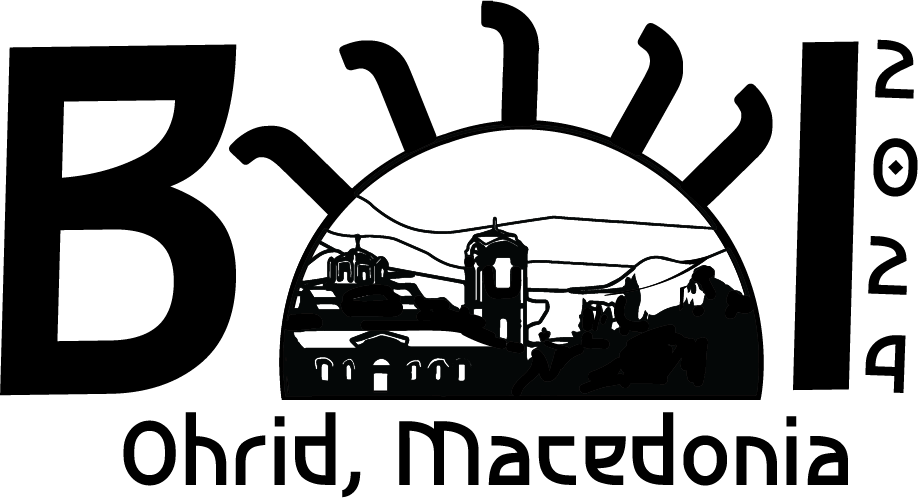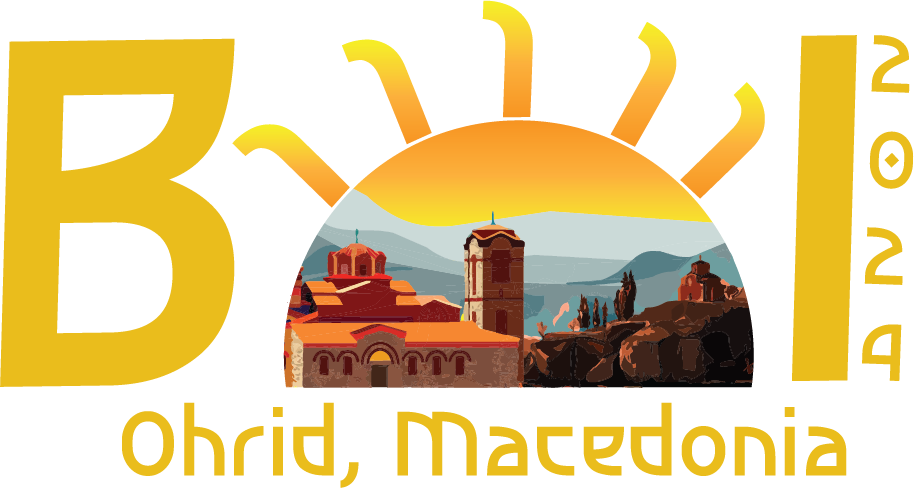Introduction
The Olympiad is organized by the Ministry of Education or another appropriate institution of one of the following twelve European countries: Albania, Bosnia and Herzegovina, Bulgaria, Cyprus, Greece, Italy, Macedonia, Moldova, Montenegro, Romania, Serbia, Slovenia and Türkiye. According to the rules accepted by the initiators of BOI, teams of these European countries are invited as regular participants. Moreover, the host country may invite guest participants as well. Enlarging or decreasing the set of the regular BOI countries can only be adopted by consensus.
Goals
BOI aims at motivating secondary school students of East Europe to:
- get more interested in informatics and information technology in general,
- test and prove their competence in solving problems with the help of computers,
- exchange knowledge and experience with other students of similar interest and qualification,
- establish personal contacts with young people of the East European region.
Additionally, BOI may:
- provide training for students participating in the International Olympiad in Informatics (IOI),
- initiate discussion and co-operation in informatics education for the secondary schools of East European countries.
General Regulations
Each team is composed of up to four students, and two team leaders. Only the costs of travel to and from the place of the competition should be paid by teams. All local expenses, provided for by general regulation are covered by the organizers. Accompanying persons and observers are welcome, but they should pay for their stay. Interested people are advised to contact local organizers.
The official language is English. Students may use their mother tongue. Programming problems will be formulated in English and then translated by the team leaders to the mother tongue of their team. Both versions will be available for the students. Team leaders must be able to speak and write in English, as well as the language of their team.
The computers will be PCs compatible with selected software packages. Only the computers and software with built-in help facilities provided by the organizers may be used in the competition. The use of digital, printed, sound and other materials will be forbidden. The programming language of the contest is C++. The precise version of this language will be updated each year. The compilers and programming environments for the above mentioned programming language will be installed on the hard disk.
Team Composition
Students have to be in secondary school during the year when the contest is held and at most 19 years old.
General Assembly
General Assembly is composed of the team leaders of the participating teams and the president, nominated by the host country. General Assembly selects problems to be solved in the competition from a set of problems prepared and proposed by the Scientific Committee.
The selection procedure is the following:
- The chairman of the Scientific Committee distributes the proposals. Their number equals the number of problems to be solved by the contestants.
- The GA members may either accept or, in case of a major ambiguity of formulation or other serious reasons, deny the proposals by voting. When and if a proposal is denied, another prepared proposal will be offered to the GA. For such cases, the Scientific Committee should prepare at least two extra proposals for each round. The text of the accepted proposals must not be changed by the GA, except for minor rephrasing that is needed to avoid smaller ambiguities.
- The selected problems will be translated by the team leaders into the national languages of the teams. The translation should keep the original story of the tasks, with possible minor adaptations.
Scientific Committee
The Scientific Committee (SC) consists of a chairman and several experts (SC members), usually from the host country. It becomes active well before the beginning of the Olympiad and has the task of selecting and preparing problems proposals. Another task of the Scientific Committee is to test and evaluate the solutions of the contestants.
Problems. Competition
The competition consists of two rounds in two days. In both rounds the working time is four hours and the contestants will be given two to four problems to solve. The selected problems will be translated by the team leaders into the national languages of the teams.
Within the first half of the contest the contestants may submit written questions (either in English or in their national language) to the Scientific Committee concerning the formulation and interpretation of the problems. Only questions that can be answered with 'Yes', 'No' or 'No comment' may be accepted. The answers will be produced by the members of the Scientific Committee and approved by the chairman of the SC as soon as possible.
No special hardware requirement or software packages (e.g. graphic packages) will be needed to solve the problems. The whole communication between the BOI authorities and contestants will be in a written form.
Evaluation
When the working time is over, the solutions of each of the contestant will be checked by an evaluator, using test data. The evaluation is based on the test data and the responses of the programs only.
The evaluation procedure concludes with the meeting of the Scientific Committee, where the evaluation reports are discussed. Potential disagreements are dissolved by voting. Achieving a proper and balanced evaluation is the responsibility of the Scientific Committee. If a team leader does not accept the results of the evaluation, he/she may appeal to the General Assembly.
Results and Prizes
The General Assembly will determine the minimum scores for the gold, silver and bronze medals.
The president of SC with the President of the BOI will prepare one or two proposals for the distribution of the awards. The proposals should adhere to the following rules:
- The proportion of these gold, silver and bronze medals should be approximately 1:2:3.
- Between 50% and 60% of the contestants should receive medals.
- Up to 70% of students will receive award (medal or honorable mention).
- The greater gaps between student points will be considered in at least one of the proposals.
Each contestant will receive a certificate of participation. The medals, honorable mentions will be given to the contestants at the official closing (award) ceremony. Certificates will be distributed during or after the closing ceremony. Other prizes may be presented to students during the award ceremony.

